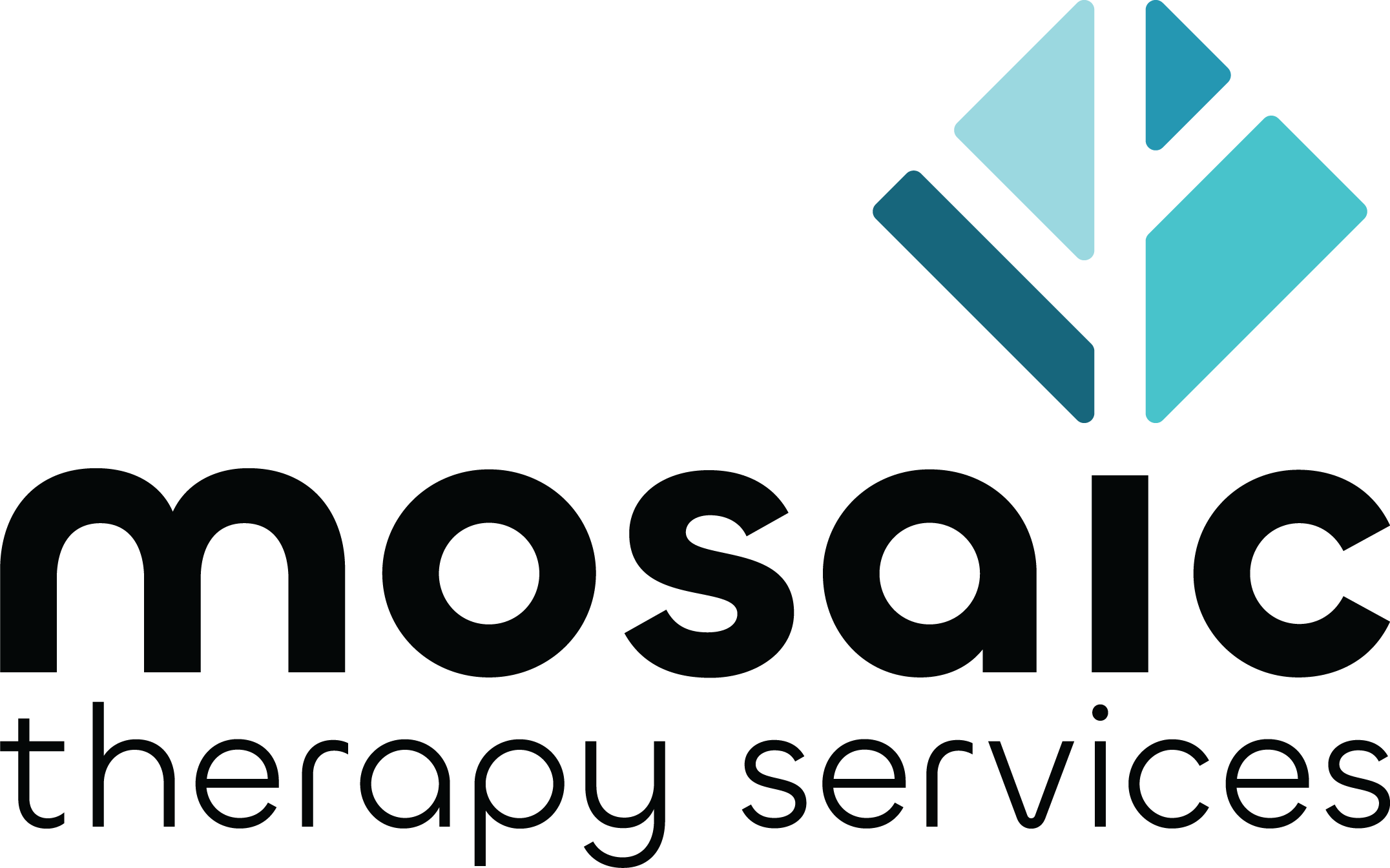One of the basic assumptions of Internal Family Systems (IFS) is that it is the nature of the mind to be subdivided into multiple parts or subpersonalities. These parts develop a complex pattern of interaction similar to how individuals in a family might interact, only internally. Much like a mosaic composed of multiple pieces that come together to create a singular work of art, the goal is to achieve balance and harmony with parts, appreciating the creative role each plays and helping each find its place in the system.
Does this Imply Everyone Has a Multiple Personality Disorder?
No. Multiple personality disorder – currently known diagnostically as dissociative identity disorder (DID) – is believed to be the result of severe or chronic trauma. Personalities, or parts, don’t appear because of trauma but are significantly impacted in how they function by trauma. With DID, when one part takes lead of the system, there is no access to Self, and parts are usually unaware of each other (one of the reasons amnesia is common).
Yes, we all do have many different parts within us that have always been there. Problems arise when these parts are forced into extreme roles by challenges in our external world. It is impossible to be human and not experience pain, shaming, rejection or other hurts. The resulting wounds need attention in order to restore balance within our internal system, elevate the Self as an effective leader, and allow these parts to access their talents and gifts reflective of their non-extreme roles.
Never Again!
When in their extreme roles, parts are sometimes experienced as helpful and proactive (“I won’t let that ever happen again!”) or harmful and reactive (“I’ll do anything to make this feeling go away!”). Their intentions are good – they want to protect the system but have lost trust in the leadership of Self, so they take over, or act out. They believe they have the right answer and work to achieve what they think is good, but often create the very situation they are trying to avoid.
They can be experienced in a myriad of ways – behaviors, thoughts, feelings, or physical sensations/pain to name a few. Here are some common examples of how you might notice a part responding in a protective way:
Self-aggression
From self-critical thoughts (“I’m unlovable”; “I’m a failure”) to self-harming behaviors (cutting, eating), self-aggression often stems from experiencing it wasn’t safe to express intense emotions, like anger or aggression, outwardly when young. Consequently, parts protect your system by expressing aggression “safely” towards yourself, often in harmful ways, and often repeating the messages received in your youth.
Self-control
Many individuals strive for “perfection” – to be seen as intelligent, capable, worthy, strong or put together by others. However, most people rarely achieve feeling this way all the time. Parts of you may work hard to keep up this façade – pleasing others, overworking, overachieving, obsessive-compulsive behaviors, risk avoidance, denial of problems – and struggle tolerate the messier, imperfect parts of yourself without judgment or self-criticism.
Self-sabotage
While parts of yourself might desire to make a change in your life, other parts might struggle to engage in or maintain the very things that would allow for this change to take place. This is indicative of an internal conflict or “polarization”. A part that might want change (to stop drinking, eat right, go back to school) might be at odds with a part that prefers to maintain the safe and familiar patterns of your behavior, even if unhealthful. This can create a cycle of taking action followed by sabotaging your efforts, or in some cases never even getting to the point of taking action.
So, How Does Resolution and Healing Occur?
It is important to understand that there are no “bad” parts. Some approaches of therapy work to eliminate extreme behaviors, thoughts, feelings, or physical symptoms – the parts we’d like to do without. The goal of IFS therapy is not to eliminate these parts but to understand them – why they do what they do – and help them find their non-extreme roles so they no longer cause us to struggle with the symptoms they produce out of fear the Self won’t be able to protect the system.
Work with an IFS therapist can assist you with accessing Self leadership and uncovering the preferred intention of each part, allowing them to find their place in your system rather than forcing them leave or stop, which is never possible and can contribute to failed attempts at therapy. Ultimately, this process allows you to experience the healing you’re seeking in a transformative and powerful way.

